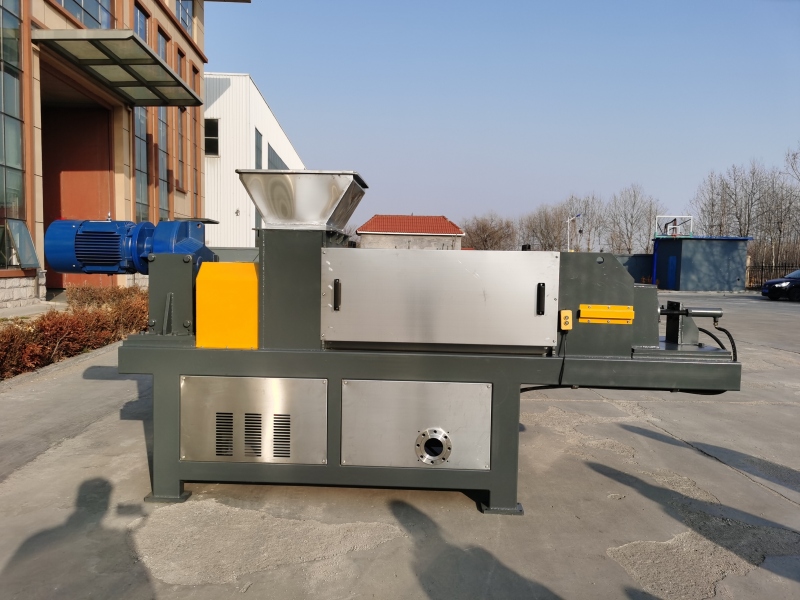
Introduction
In the realm of water treatment, the importance of efficient and environmentally friendly methods cannot be overstated. One such innovation that has gained widespread recognition is the Screw Press Dewatering Machine. This advanced technology has revolutionized the way industries and municipalities handle sludge and wastewater, ensuring cost-effective and sustainable solutions. This article explores the intricacies of the screw press dewatering machine and its impact on water treatment processes.
Understanding Screw Press Dewatering
The screw press dewatering machine is a mechanical device designed to remove moisture from sludge, making it easier and more economical to handle and dispose of. Unlike traditional methods, such as drying beds or belt presses, screw press dewatering offers several advantages. It operates on the principle of continuous mechanical dewatering, where sludge is fed into the machine and subjected to increasing pressure as it moves through the screw and screen. This pressure squeezes out the water, leaving behind a dewatered cake.
Key Benefits of Screw Press Dewatering
1.High Efficiency: Screw press dewatering machines boast high dewatering efficiency, significantly reducing the moisture content of sludge.
2.Compact Design: These machines are compact and require minimal space, making them suitable for both large-scale industrial plants and smaller municipal facilities.
3.Energy Efficiency: Screw press dewatering machines are energy-efficient, minimizing operational costs and reducing the overall carbon footprint of water treatment processes.
4.Low Maintenance: With fewer moving parts and robust construction, screw press dewatering machines require minimal maintenance, ensuring prolonged operational life.
5.Versatility: These machines can handle various types of sludge, including industrial, municipal, and biological sludge, making them versatile solutions for different applications.
Environmental Impact
Screw press dewatering machines play a pivotal role in environmental conservation. By reducing the volume of sludge and wastewater, they decrease the demand for landfill space and mitigate the environmental hazards associated with sludge disposal. Moreover, the dewatered sludge can be repurposed as fertilizer or biofuel, promoting sustainability and circular economy practices.
Conclusion
The advent of screw press dewatering machines marks a significant milestone in the field of water treatment. Their efficiency, compact design, energy efficiency, and environmental benefits make them indispensable tools for industries and municipalities striving for sustainable and cost-effective solutions. As technology continues to evolve, screw press dewatering machines are likely to play an even more prominent role in shaping the future of water treatment processes worldwide.




If your company wants to establish a business relationship with us, please briefly describe the cooperation intention and send an email to:chuantaiscrewpress@gmail.com























































































![[list:title]](/static/upload/image/20240528/1716877114510915.jpg)